|
It seems like this is the bitter end.
How can we continue when darkness is at every bend? When no more light shines from the sky? When we still can hear the screams and cries? Too many pieces of us have come undone… and as they cry in pain, what is it we see? More selfishness and greed. The skies are too dark to find the sun. We’ve tried to keep holding on, but the sun never comes to warm us at dawn. It seems that from this madness there is no way out. Every drop of blood spilled lessens the doubt. As we careen helplessly to the bottom of the abyss, the last pieces of our souls cry, “how can things be this amiss?” Broken and battered, there’s no reason to keep up the fight. How CAN we when love and compassion are out of sight? The emptiness is just too much to take; Seems it’s better to just close off and numb the pain. But even as the last rays of light fade away and the innocent continue to be tortured and slain, we must remember that darkness is NOT the only thing on display. There is still so much light to be seen. Amidst all the horror, we forget all the good deeds, going on thinking we’re useless and that no one cares, but every day, there are many shining bright, answering our prayers. Even though we see so much tragedy day after day, hurting more and more after every time for change we pray, we can be the light we long so desperately to find, letting love illuminate this dark night. Isn’t it worth it to save a life? To protect and enjoy the beauty that still remains? We are not useless, and we can BE the change. We are not weak for showing our tears, for feeling lost when the sun disappears. That pain we feel reminds us that we care, that there is something worth hurting for out there. Each one of us matters and can make a difference if we keep our wings unfurled, to fly us all into a better world. We can be that light shining in the night sky, that love we’ve been longing to see for a long time. This is not the end.
0 Comments
Polar bears are apex predators in the Arctic, and are often one of the first animals we recognize from this region. They are a dominating symbol in our culture of the strength and endurance of the Arctic, traveling great distances to catch prey – primarily ringed and bearded seals. Polar bears reside in 19 subpopulations across the Arctic, including Alaska, Canada, Greenland, Russia and Norway. The World Conservation Union (IUCN) estimates that there are between 20,000-25,000 polar bears in the world. However, these powerful and majestic animals are facing increased threats due to human activities.
Sea ice loss is lengthening the summer fasting period for polar bears throughout the arctic according to multiple studies. In fact, sea ice is melting at a rate of 28 percent a year – faster than ever before (Atwood et al., 2016). This loss of habitat results in an increased risk for muscle atrophy and impaired performance in hunting and traveling. There is a reduction in these abilities because atrophied muscles fatigue easier, produce less maximum force, and impair balance and coordination. Muscle atrophy is further exacerbated by the decreased abundance of prey. Furthermore, polar bears are no longer able to hunt in their preferred ice shelf habitats, leading them to become “trapped.” There is uncertainty as to whether polar bears – who have adapted to an existence on the sea ice – can change to better survive in these new conditions. Ultimately, because polar bears travel extensive distances for foraging and match force exertion to prey body size for maximum hunting efficiency, muscle atrophy due to sea ice loss could be a contributing factor in the decline of polar bear survival (Whiteman et al., 2017). Losing more polar bears is cause for concern. Polar bears are at the top of the food web, meaning that they can signal problems in the Arctic marine ecosystem. Additionally, apex predators play a fundamental role in ecosystem functioning, disease regulation, and biodiversity maintenance (Stier et al., 2016). The wide array of research on polar bears and sea ice loss highlights the growing concern within the scientific community regarding induced climate change, polar sea ice integrity, and the ability for species to survive in a changing climate. So what can we all do about it? Due to the decline in sea ice and the expansion of human activities, proactive management of human-polar bear interactions will be needed to reduce conflicts and risks for both parties. These conflicts can adversely affect wildlife populations in the area, causing economic losses, and endangering both human and polar bear safety. Atwood et al. suggest that monitoring the timing and rate of seasonal ice loss may be an effective, reasonable way for managers to prepare for these interactions and assure long term polar bear survival in these changing conditions. In the end, the challenges facing polar bears are the same that impact us. We can already see the impacts of drought on food production in Africa, the Middle East, and other highly populated areas around the world. We all can make a difference by spreading awareness about these issues and by reducing our carbon footprints. If we really want to save polar bears and play a part in reducing carbon emissions. This is as easy as turning the lights off or walking/biking instead of driving daily. Political leaders need to initiate the transition to sustainable energy sources to reduce emissions on a large scale. You can help this by contacting your representatives and by voting for officials who care about these issues. If we all do our part, and if we see political action on these issues, we can make a difference. References: Atwood TC, Peacock E, McKinney MA, Lillie K, Wilson R, Douglas DC, Miller S, Terletzky P. (2016). Rapid environmental change drives increased land use by an Arctic marine predator. PLOS One. 11: e0155932. Pilfold NW, Hedman D, Stirling I, Derocher AE, Lunn NJ, Richardson E. (2016) Mass loss rates of fasting polar bears. Physiol. Biocehem. Zool. 89(5): 377-388. Stier AC, Samhouri JF, Novak M, Kristin MN, Ward EJ, Holt RD, Levin PS. (2016). Ecosystem context and historical contingency in apex predator recoveries. Science Advances. 2(5): e1501769. Whiteman JP, Harlow HJ, Durner GM, Regehr EV, Rourke BC, Robles M, Amstrup SC, Ben-David, M. (2017). Polar bears experience skeletal muscle atrophy in response to food deprivation and reduced activity in winter and summer. Conserv. Physiol. 5(1): 1-15. Pacific salmon are incredibly valued in society. They are the primary food source of many marine animals, a desired seafood that boosts economies, and they play an integral part in Native American culture. They require a wide array of structural, physiological, and behavioral adaptations throughout their lifespans as they travel from freshwater to seawater, and then back to freshwater to spawn. These changing environments lead to challenges salmon must cope with to survive. They respond by altering the timing at which the critical events in their lives occur, otherwise known as phenology. A very pressing question is how the salmon can adapt to the unpredictability of climate change, and how these adaptations may occur. A recently published study, “Evolution of phenology in a salmonid population: a potential adaptive response to climate change,” examined the genetic mechanisms in which these responses to environmental change originated in a population of pink salmon in Auke Creek, Alaska. The researchers, Manhard, Joyce, and Gharret, also sought to determine whether the traits expressed were a response to climate change. To answer these questions, they utilized a technique called genetic monitoring, in which a genetic marker associated with an observable trait is studied through a certain timeframe to identify adaptive changes of interest. In this study, the marker used was the late-migrating marker locus (LMML) which correlated closely to – however did not alter - the genes responsible for a trait in the salmon that resulted in later migration times when expressed. Migration time was selected opposed to other traits because of its high heritability and responsiveness to environmental change.
Manhard, Joyce, and Gharret found that the presence of LMMA (the allele for the late-migrating marker) increased in the population between the years 1984-1990, but fell significantly in adult salmon returning to spawning grounds the following year. Similar patterns were seen in younger generations. These patterns suggest that an event caused this decline in LMMA frequency. Furthermore, there was a reduction in the survival rate of late-migrating salmon within freshwater conditions during this time. Possible reasons for this include that later ocean entry time inhibits growth, leading to more predation and less ability to compete for food. There was a significant temperature increase between 1986 and 1990, potentially leading to the rise of early-migrating salmon. These results support the authors’ hypothesis that there is an adaptive response to climate change. What does this mean? The findings contribute a better understanding of the role that temperature plays in these migratory traits as well as the ability of salmon to reproduce. They also suggest that changes in climate significantly impact salmon populations, although genetic variation still enables a level of resilience in fish populations and maintains some reproductive success. Ultimately, the findings in this study demonstrate the importance of sustainable fishing practices that protect genetic variation and the fish populations in the midst of a changing climate. You can read the full study here: www.nrcresearchpress.com/doi/pdf/10.1139/cjfas-2017-0028 Reference: Manhard, C. V., Joyce, J. E., & Gharrett, A. J. (2017). Evolution of phenology in a salmonid population: A potential adaptive response to climate change. Canadian Journal of Fisheries and Aquatic Sciences, 74(10), 1519-1527. Lost in the fray.
Screaming in dismay. Nowhere to run, nowhere to hide, this is where storm and ocean collide. Where do we go from here? What happened to angry skies once clear? We wander down the same lonely road, with no direction, far from home. We drown in these darkened seas, with no conviction, lost in the abyssal catacombs. That’s when you know there’s no looking back. That’s when the sky turns black. Falling helplessly. Controlled by dubiety. No strength to fight, no strength to swim, this is the end, this is where you give in. Where do you go from here? Anchored by your pain and buried by your fears? You wander down the same lonely road, with no direction, far from home. You drown in these darkened seas, with no conviction, lost in the abyssal catacombs. That’s when you know there’s no looking back. That’s when the sky turns black. Anchored to the murky bottom. Abandoned by the cold hands of Autumn. Entangled in the web of your emotions. Do you really want to drown, rotting on the bottom of the ocean? We wander down the same lonely road, with no direction, far from home. We drown in these darkened seas, with no conviction, lost in the abyssal catacombs. You don’t drown by going under, but by giving in to fear’s thunder. Come whatever may, you have the strength to stay. You wander down the same lonely road, with no direction, far from home. You drown in these darkened seas, with no conviction, lost in the abyssal catacombs. That’s when you know there’s no looking back. That’s when through the darkness the sun cracks. When it feels like you’re alone,
When it feels like you’re lost, your body turns to stone, buried in the cold winter frost. Pieces of you shatter away, with no hope to of the storm allay. And as you wither and decay, you see the world in disarray. There is no lighthouse to guide you through the maze, no shelter from the pouring rain, no way to see through this murky haze, no way to escape the pain. When it feels like you’re alone, When it feels like you’re lost, your body turns to stone, buried in the cold winter frost. Only an empty shell remains, no light, no joy, only darkness. And as you fall to the floor tied in chains, you wonder why the sky is so starless. There is no sun to warm you from the cold, no tide to wash away your agony, no way for the wind to blow back all that it stole, no way to halt the atrophy. When it feels like you’re alone, When it feels like you’re lost, your body turns to stone, buried in the cold winter frost. Our fears anchor us to the ocean floor, our guilt prevents us from finding the shore. We sink way down, until we drown… is there any way out? When it feels like you’re alone, When it feels like you’re lost, your body turns to stone, buried in the cold winter frost. When it feels like you’re alone, When it feels like you’re lost, set the dark skies aglow, and you will break through the cold winter frost. Even when we have nothing inside, and even when all we want is to die, we can still brighten the world and give light, helping us all push through this gloomy night. Then maybe not so many would give up and drown, and there could be a world we’d all want to be around. We can be the lighthouses that guide the way out of the storm and into a new day. Over the rain cloud,
I hear a sound. It calls to me, whispering in the night: “Have no fear, it will be alright.” But the wind shakes my windows, and the thunder roars and bellows. I toss and turn in my sleep. The lurking shadows continue to creep. Somewhere over the rain cloud, I hear a sound. It calls to me, whispering in the night, but nothing is alright. Day after day, this stupid cycle is the same. What is the point of picking the pieces off the floor when they will be blown out the door? All I have is this annoying gale that dulls my day and makes life stale. There is no happiness or light, I’d be delusional to think everything’s alright. After all, that’s what everyone has said before – that the best place I belong is buried under the floor, that all I am is a child’s plaything and a stupid whore, that they never loved me and always wanted something more. Somewhere over the rain cloud, there is no sound. No one calls to me, whispering in the night that everything will be alright. There is no hope, no joy, no reason for living… there are too many pieces that are missing. The world doesn’t deserve a pathetic body like mine, that wastes so much space and time. As I start to do the world a favor, the sun glistens through the rain, causing me to waver. That sound whispers at the death of night, allaying my sorrow and fright. It tells me that fear is only in our minds, and the tight chains around me unbinds. There is more than one point of view, and these different perspectives teach us something new. Over the rain cloud, I hear a sound. It calls to me, whispering in the night. I know that everything will be alright. As the blue skies fade to pallid gray, I cheer waiting for the rain. With every drum beat on the ground, change is coming – it will come around. The poem below is about the dolphin slaughter in Taiji, Japan. Every year from September through March, dolphins are driven into the infamous killing cove and either selected for captivity or slaughtered. For more information, please check out Dolphin Project and Sea Shepherd Conservation Society. Photo Source: Sea Shepherd Conservation Society Laying under the starless sky,
wondering how things went from right to wrong. Wiping the tears from your eye, wondering when people will hear your sad song. Banging your head against the wall, wondering when this madness will come to an end. Crying from loneliness and missing their calls, wondering why those you loved are dead. Imprisoned behind pallid bars, wondering when things will turn from wrong to right. Drowning and covered in scars, wondering how they sleep at night. Sink and sway slowly, watching your soul float away. Shudder and scream so lonely, as blood needlessly sprays. Hope, it doesn’t exist when all that you love is torn and beaten, buried in the grave, with blood in the mist. In this world, there are only demons. Laying in a cold and empty cell, praying that somebody will come to your side. Screaming in your private hell, praying that they’ll see through those empty lies. Sink and sway slowly, watching your soul float away. Shudder and scream so lonely, while blood needlessly sprays. Hope, it doesn’t exist when all that you love is torn and beaten, buried in the grave, with blood in the mist. In this world, there are only demons. Green is the color that makes the world talk, that makes the water turn red. Oh yes it’s not the man but the money that walks, and why so many are dead. Blood lingers in the breeze. Children scream as their family is slaughtered; countin’ dollars is the carnival of sleaze. Money is the real monster. Is there any way out? Out of these blood-soaked seas? A lighthouse to guide us and ease our doubt, a fire to give warmth before we freeze? Sink and sway slowly, watching your soul float away. Shudder and scream so lonely, while blood needlessly sprays. Hope, it doesn’t exist (can we find the way out) when all that you love is torn and beaten (of this desolate hell?), buried in the grave, with blood in the mist (Bodies are piling up). In this world, there are only demons (Does anyone care at all?). Sink and sway slowly, watching your soul float away. Shudder and scream so lonely, while blood needlessly sprays. Hope, it doesn’t exist when all that you love is torn and beaten, buried in the grave, with blood in the mist. In this world, there are only demons. Can we find the way out, out of this desolate hell? Bodies are piling up, does anyone care at all? |
AUTHORZach Affolter is a passionate aspiring marine biologist and animal/environmental advocate. Categories
All
Archives
July 2023
|
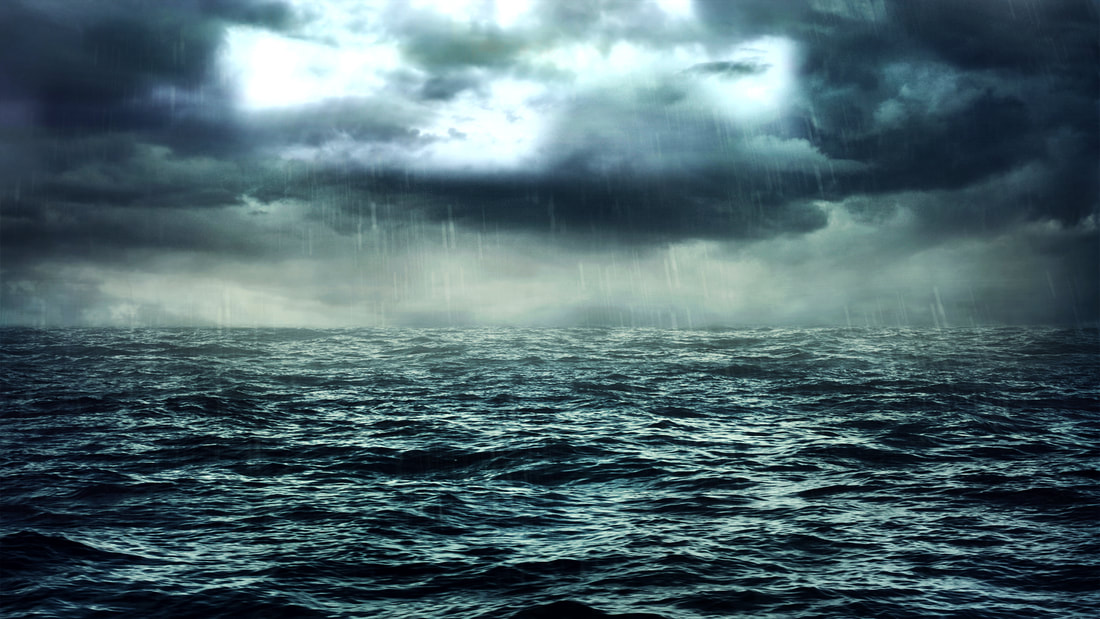
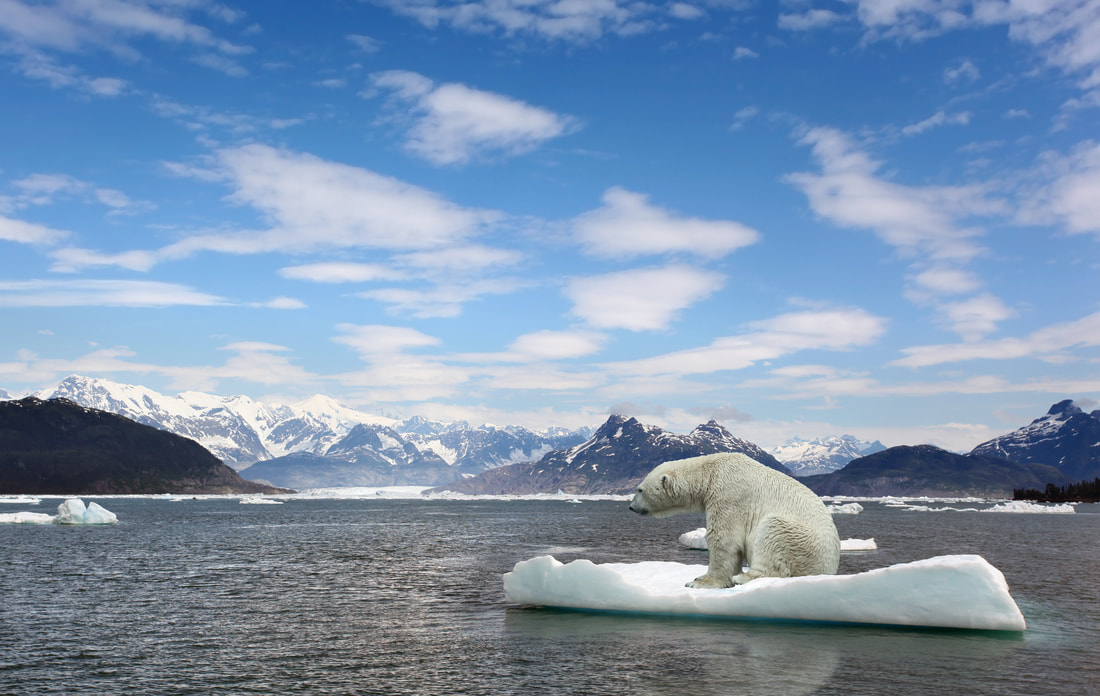
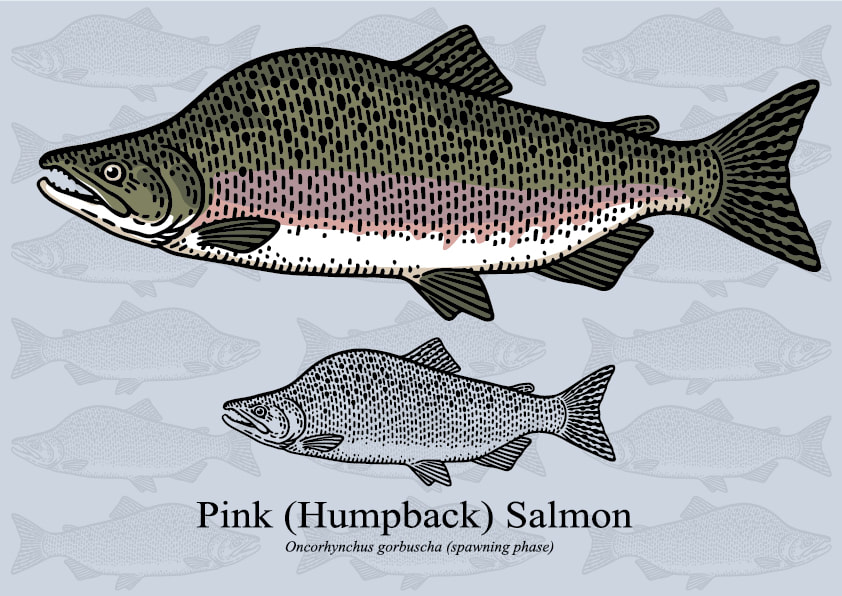

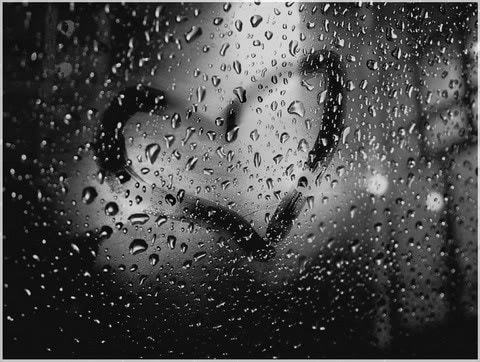
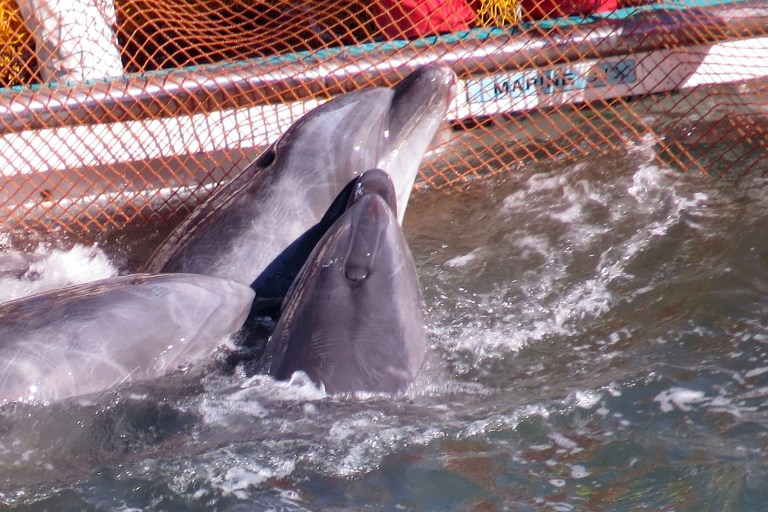
 RSS Feed
RSS Feed